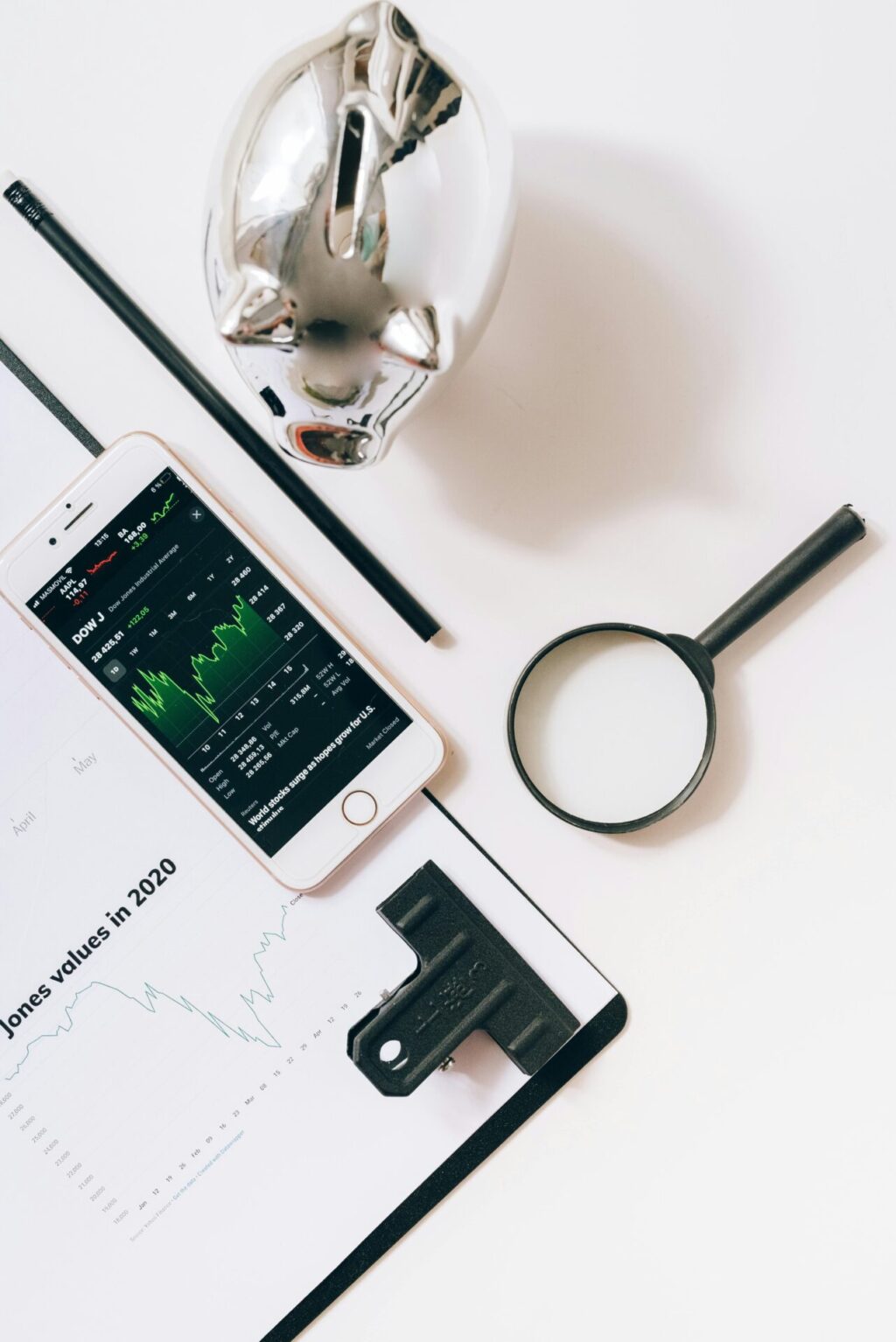As we all know, unexpected twists can occur in life. Whether it’s something big, such as losing your job, or something smaller but still costly, such as a car repair or property damage, it pays to be prepared for whatever life throws at you.
One way to prepare is by building an emergency fund. A key element of wealth planning at every income level, an emergency fund can help you avoid the need to run up a credit card balance or sell assets at an inopportune time, while still covering your essential living expenses.
How Much Should Be in an Emergency Fund?
Financial experts generally advise that an emergency fund should cover three to six months of expenses. However, the exact amount depends on your personal situation.
Considerations for Your Emergency Fund
- Shared Expenses: If you share expenses with a partner, you might need only three months’ worth of coverage. This is because at least one of you will likely keep earning if the other faces a temporary job loss. However, if both of you work in the same industry, a larger fund is safer to prepare for potential downturns.
- Job Transition: If you plan to leave your job or switch jobs soon, consider increasing your emergency fund temporarily. This ensures you can cover expenses during the transition.
- Financial Safety Net: If you have family support for emergencies, you might not need as large an emergency fund. Knowing you can rely on family can reduce the amount you need to save.
- Home Equity Line of Credit: If you own a home and have a home equity line of credit, this can serve as an additional emergency fund source. In this case, you might keep less cash on hand and invest more of it.
Avoid Overfunding
Be cautious about keeping too much in your emergency fund. Excessive cash can lose value due to high inflation. While a large fund provides security, investing excess cash might offer better growth opportunities, especially for millennials with a long-term investment horizon.
Where to Keep Your Emergency Fund
The goal is to have immediate access to your emergency fund. While a zero-interest checking account isn’t ideal, a savings account or a money market account that earns interest is better for at least three months of expenses.
Saving for Emergencies
To build your emergency fund, set up automatic deposits from each paycheck into your designated account. Create a budget to track expenses and include retirement savings if possible, especially if your employer offers a match.
Once your emergency fund is established, you can focus on other priorities like paying off debt, saving for a home, or retirement. An emergency fund provides a solid foundation and peace of mind, ensuring you are prepared for unforeseen events.

References
RBC Wealth Management. (n.d.). Tips for building an emergency fund. RBC Wealth Management. Retrieved from https://www.rbcwealthmanagement.com/en-us/insights/tips-for-building-an-emergency-fund


